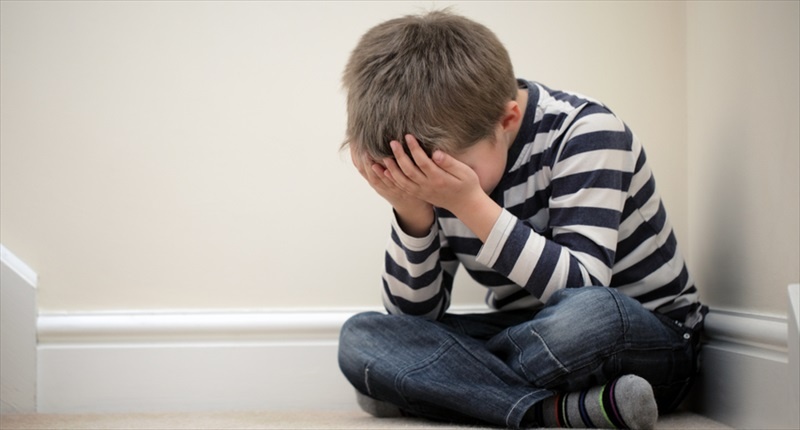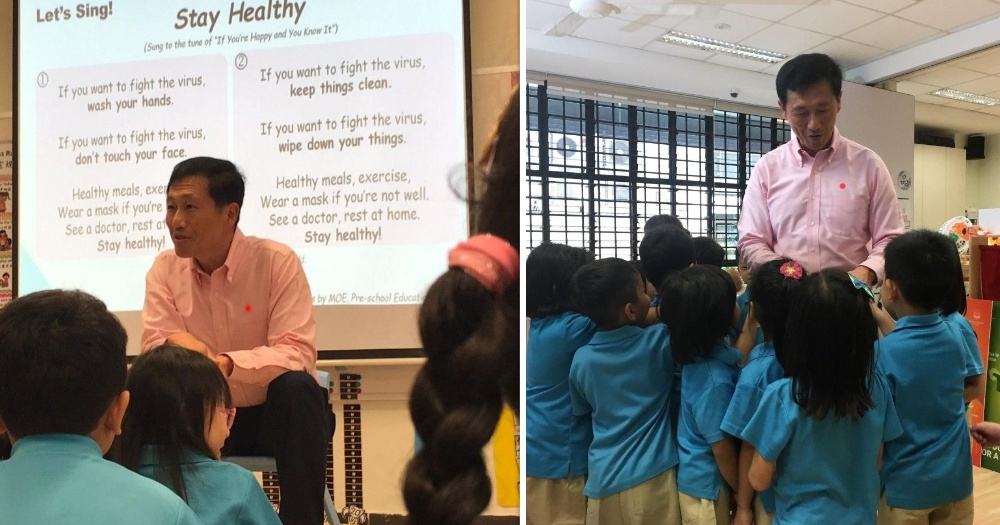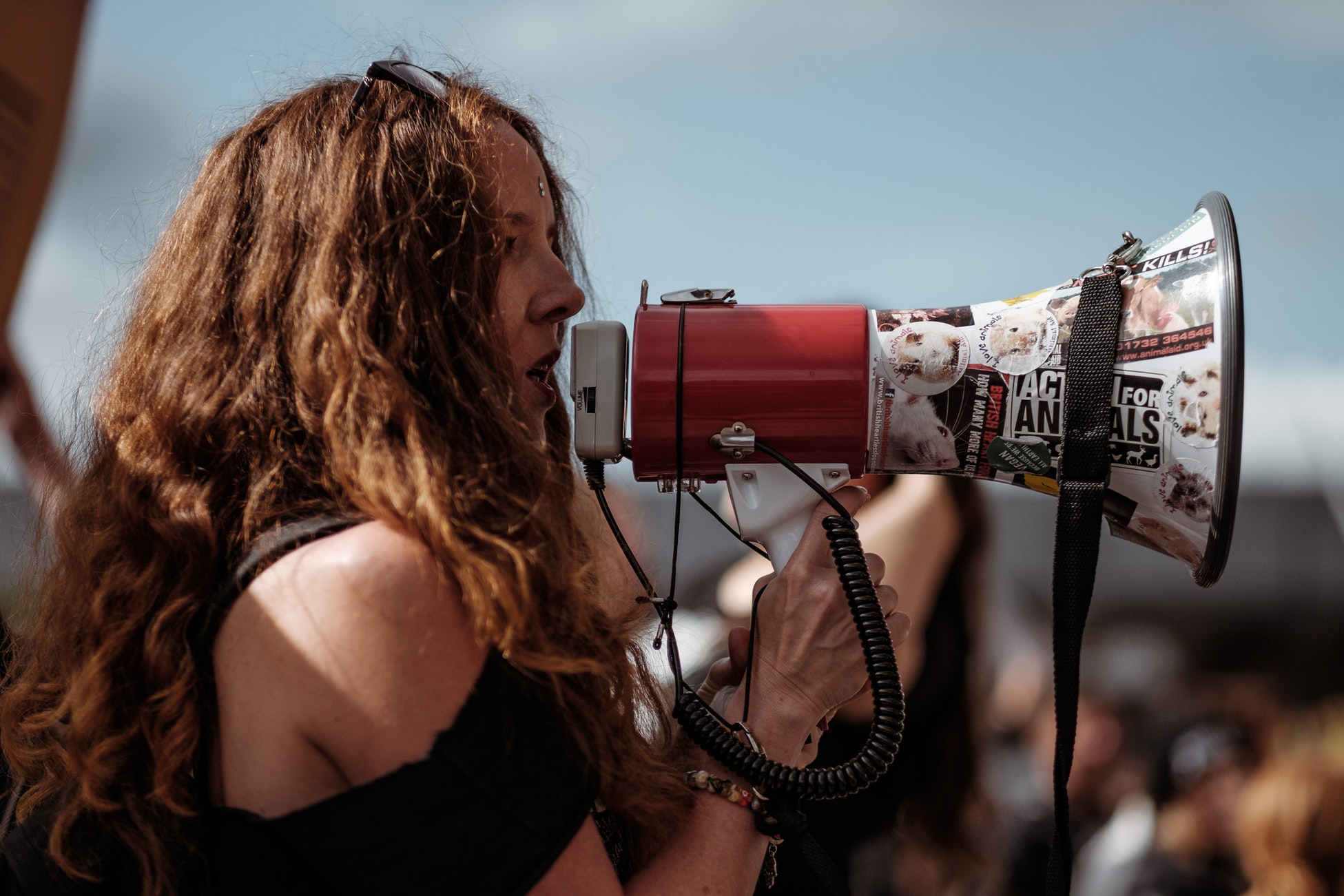Principals who experienced school shootings under their watch convene as a group to have small talks about their reflections in life.
Experiences in school shootings can haunt you every day
The National Association of Secondary School Principals (NASSP) launched last year its Principal Recovery Network. The Principal Recovery Network serves as an advocacy group and a support core for school administrators who experienced gun-related violence such as school shootings.
Fellow principals Frank Dengalis of Columbine High School in Colorado, and Jake Heibel of Great Mills High School in Maryland, both underwent the same fate of mass shooting incidents in their respective schools. Now, they are part of the Principal Recovery Network of the NASSP.
The deputy executive director for NASSP, Beverly Hutton, sympathizes with the principals’ mental state after experiencing such awful situations.
The principal is tasked to pick up and restore the broken pieces of the school community after such an incident. Having such an obligation is very difficult and much of a burden for one person to handle.
Another purpose of the advocacy group for the principals is for them to vent out the things they think they might have been lacking in order to prevent shooting incidents at their schools. From there, the NASSP can find a pattern on how these incidents occur and come up with ways to prevent it on future occasions.
Rooted relationships can help contain shooting incidents
The Principal of West Liberty-Salem High School, Greg Johnson, shared his almost experience in a school shooting. Logan, a student with a gun and a live bullet in it, was being talked out by a school coach by showing empathy and concern over the repercussions if he indulges in firing his gun.
Logan suddenly felt lost and pointed the gun to himself, and then he started to talk to the coach of releasing the gun and asks for help.
School administrators focus too much on providing rigid security, which is good, but we tend to underestimate the feeling of having a connection with the children around you, making yourself open and available to things they want to voice out.
From the experiences of the principal’s who joined the support group, most of the students involved in violence-related incidents are emotionally unstable and have underlying self issues. Things could have been preempted if they have that someone who they can open up to and release all their questions and doubt.
Student needs are not limited to good food in the cafeteria and security surveillance filled corridors, but they also need to be around social workers capable of practicing trauma-informed practices and other mental health services. In other countries, depression leading to suicide are as common as school shootings in the U.S. A clear manifestation that this is not a security problem; it is a mental problem.







